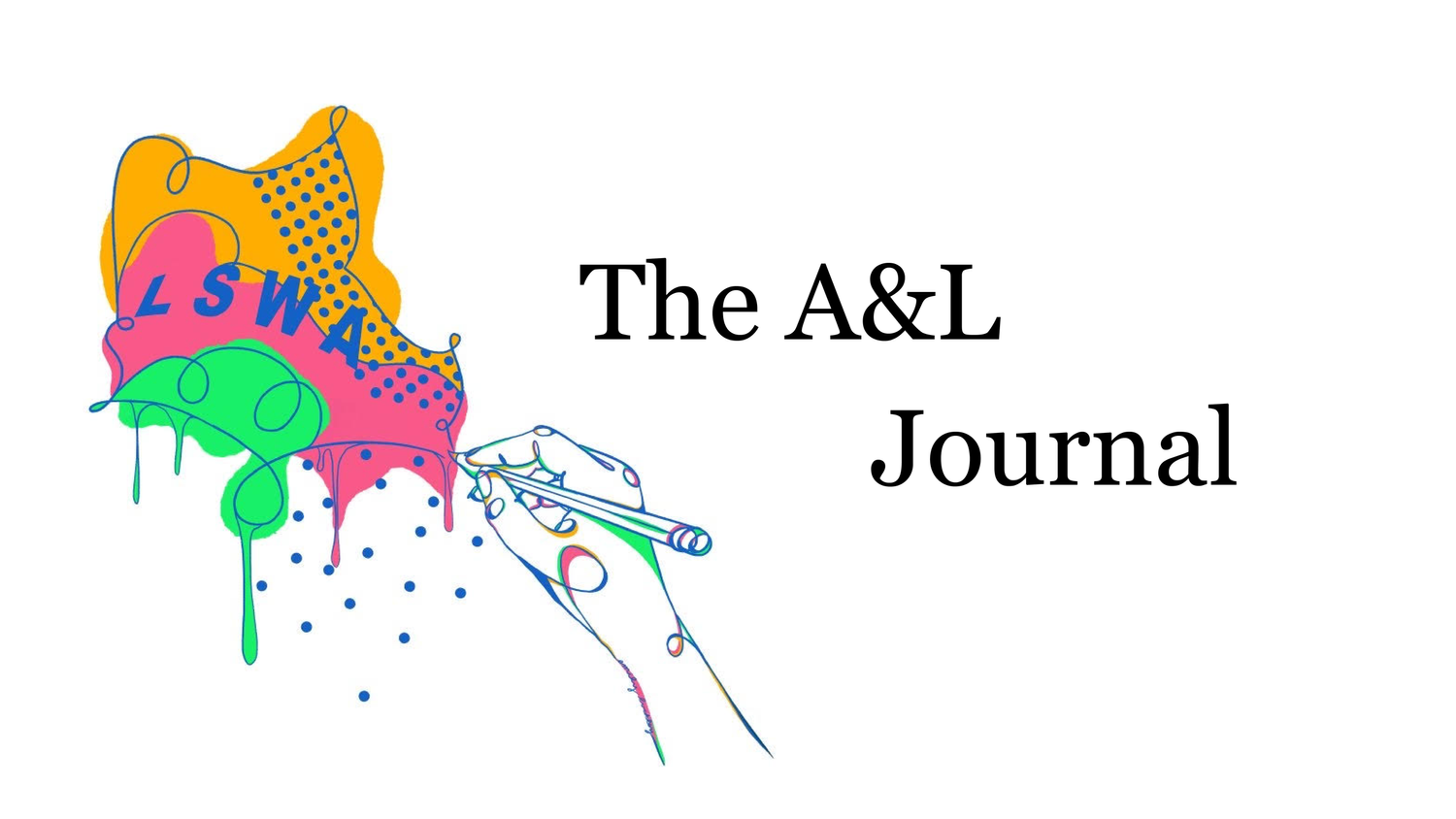“Two Stars” by Sydney Wagstaff
An autobiographical account.
It’s not supposed to be pretty.
To look up is to forget entirely.
We gaze into infinity, and, for a fleeting moment, our minds are wiped clean.
Ephemeral.
Choiceless.
To look up is to surrender yourself to the whims of the universe.
The glint of a computer screen reflects in my wide eyes.
I’m looking at the reviews for my psychiatric hospital.
Two golden stars illuminate the dark space, and I scroll aimlessly through the
comments.
Some compare it to Hell, others to prison, but I think of it differently.
In the early hours of a Wednesday morning, I am admitted to ward 2E.
The nurses hand me a blue booklet containing a list of my rights.
Want to contact a rights representative?
Call here:
Blank.
A night of sleepless dreams brings me to another waking nightmare.
A pool of dark liquid stains my sheets, and I’m immediately filled with embarrassment.
Being a woman never comes easy.
The nurse sits at her station, her long, delicate nails typing something into the files.
My issue doesn’t inspire urgency.
Instead, she waddles to the supply closet, hands me two pads, and mumbles that
someone will collect my sheets.
The pants are never washed.
My parents drop off a new supply of underwear, but after six days, they never make it
past the front desk.
Former patients on Google complain about being medicated without consent.
Wasn’t everybody?
Trazodone, Atarax...
After intake, they were handed out like candy.
Three days later, my roommate comments on my greasy mane of tangled hair.
We have to ask for hygiene bins. I wasn’t given one until the third day.
Still, you’re expected to wash your hair with a bar of old soap.
They’ll mark you down, you know.
If you want to leave as soon as possible, you just need to play their game.
Go to group,
eat in the cafeteria,
and make sure you shower.
She paces for a bit before plopping down on her bed.
She spends the rest of her day there, only eating when they bring her meals up.
The psychiatrist frowns at me, his big, bald head reflecting the sunshine.
We meet once a day for two minutes to discuss any side effects of the medication.
Then, just as spontaneously as he appears, he disappears.
There is no one-on-one therapy here.
Some days, there isn’t even group therapy.
We sit and watch the daily news, rotting, until one of us works up the courage to ask for
another channel.
In other news,
twenty people were found dead...
There are three reviews above one star.
Two of them are short, praising the hospital and staff for their friendliness.
One of them has no comment attached.
If the patients ask for too much during the day, the night nurses know how to punish us.
They take their aggressions out in the early hours of the morning.
Forced to sleep with doors ajar, we listen to the nurses laugh, clap, and stomp down the
hallway.
Every morning, we greet each other with dark bags beneath our eyes.
When one of us acts up, the others are quick to silence them.
Wouldn’t want the nurses to keep us up longer the next night, would we?
During my ten-minute phone time of the day, I beg my parents to get me out of here.
I know the nurses are listening on the other end.
My dad has talked to a social worker who said she would get me out by Sunday,
but later on, my psychiatrist informs me that Friday was her last day.
She never planned on helping us, and that conversation ended with her.
The third Google review is from the mental hospital.
They left themselves a five-star review.
The staff treat us like animals.
To them, we are subhuman.
They show it in every way imaginable.
Their tongues lash us with insults meant to shame us, to blame us for being here.
The student nurses are jumpy, their shoulders creating a wall around them.
They’re scared of us.
Only two nurses care enough to try,
try to help us.
They beg us to file complaints,
but we’re scared of them.
They can keep us as long as they want to.
The final day arrives.
I’m ready to go.
The medical doctor sees me for the first time since I was admitted a week ago,
and despite the large, purple bruise on my neck,
no one thought to call him until discharge.
He checks my lungs, and after our thirty-second meeting, he darts into the neighboring
ward, never to be seen again.
And after a tearful reunion with my parents in the lobby,
they lost my textbooks,
my clothes,
my bag,
and my emotions.
In the warmth of the dayroom, I reread One Flew Over The Cuckoo’s Nest.
Some parts of it are foreign,
others eerily familiar.
I lick a sour taste from my lips.
Do you think I’m against the use of mental hospitals,
the quickest way to receive medication?
Do you wonder why I’m telling you all of this,
pleading with the few who will listen to the qualms of vocal patients?
Do you hide behind the fact that not all hospitals are like this,
ignoring the bad apples to comfort yourself?
Do you want to help,
or do you want to look up?
Will you listen to me now?
Sydney Wagstaff is a student at the Stephen M. Ross School of Business. Outside of class, she spends her time writing both fiction and nonfiction. She is involved in several campus organizations including the Alpha Gamma Delta sorority, Squirrel Club, and LSWA.

